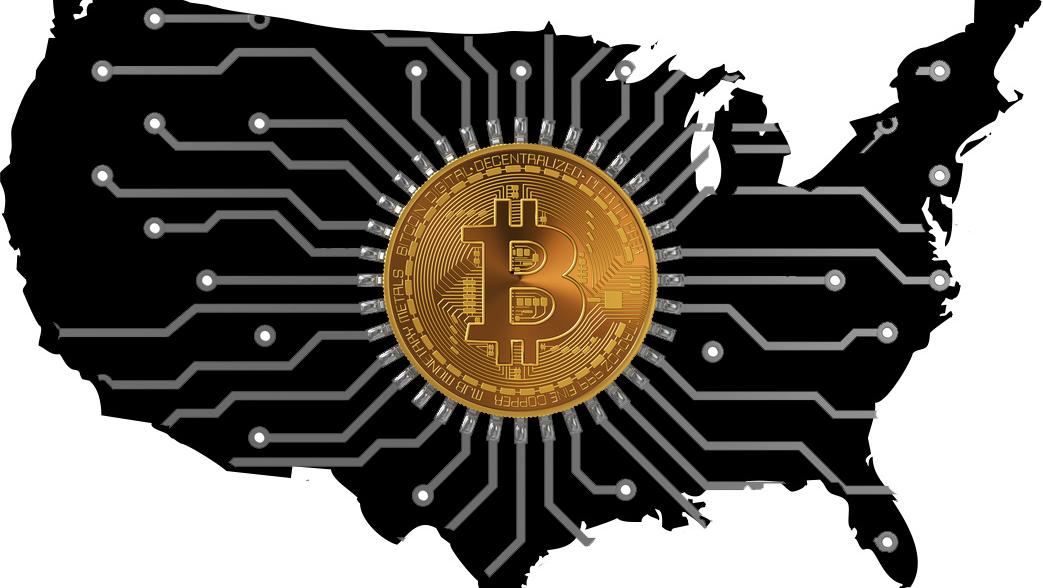PALO ALTO, Calif. (Reuters) - The Federal Reserve is looking at a broad range of issues around digital payments and currencies, consisting of policy, design and legal considerations around potentially providing its own digital currency, what is fedcoin Guv Lael Brainard stated on Wednesday. Brainard's remarks recommend more openness to the possibility of a Fed-issued digital coin than in the past." By changing payments, digitalization has the potential to deliver greater value and convenience at lower Great site cost," Brainard said at a conference on payments at the Stanford Graduate School of Company.
Reserve banks globally are debating how to manage digital finance technology and the dispersed ledger systems utilized by bitcoin, which guarantees near-instantaneous payment at possibly low expense. The Fed is developing its own day-and-night real-time payments and settlement service and is currently examining 200 comment letters submitted late last year about the proposed service's design and scope, Brainard stated.
Less than 2 years ago Brainard told a conference in San Francisco that there is "no compelling demonstrated requirement" for such a coin. But that was prior to the scope of Facebook's digital currency ambitions were widely known. Fed officials, including Brainard, have raised concerns about customer protections and information and privacy risks that could be posed by a currency that could enter into usage by the 3rd of the world's population that have Facebook accounts.
" We are working together with other main banks as we advance our understanding of central bank digital currencies," she said. With more countries checking out issuing digital fed coin their own digital currencies, Brainard stated, that contributes to "a set of reasons to also be making certain that we are that frontier of both research study and policy development." In the United States, Brainard said, problems how to buy fedcoin that require research study include whether a digital currency would make the payments system safer or easier, and whether it could position monetary stability threats, consisting of the possibility of bank runs if cash can be turned "with a single swipe" into the reserve bank's digital currency.
To counter the monetary damage from America's unmatched national lockdown, the Federal Reserve has taken unprecedented steps, including flooding the economy with dollars and investing directly in the economy. The majority of these moves received grudging approval even from many Fed doubters, as they saw this stimulus as required and something just the Fed might do.
My brand-new CEI report, "Government-Run Payment Systems Are Risky at Any Speed: The Case Against Fedcoin and FedNow," details the threats of the Fed's current strategies for its FedNow real-time payment system, and propositions for main bank-issued cryptocurrency that have been called Fedcoin or the "digital dollar." In my report, I go over concerns about privacy, data security, currency manipulation, and crowding out private-sector competitors and innovation.
Advocates of FedNow and Fedcoin say the government should create a system for payments to deposit quickly, rather than encourage such systems in the economic sector by lifting regulative barriers. However as noted in the paper, the economic sector is offering a relatively unlimited supply of payment innovations and digital currencies to solve the problemto the level it is a problemof the time space between when a payment is sent and when it is received in a bank account.

And the examples of private-sector development in this location are many. The Cleaning Home, a bank-held cooperative that has actually been routing interbank payments in numerous forms for more than 150 years, has actually been clearing real-time payments given Click for info that 2017. By the end of 2018 it was covering 50 percent of the deposit base in the U.S.